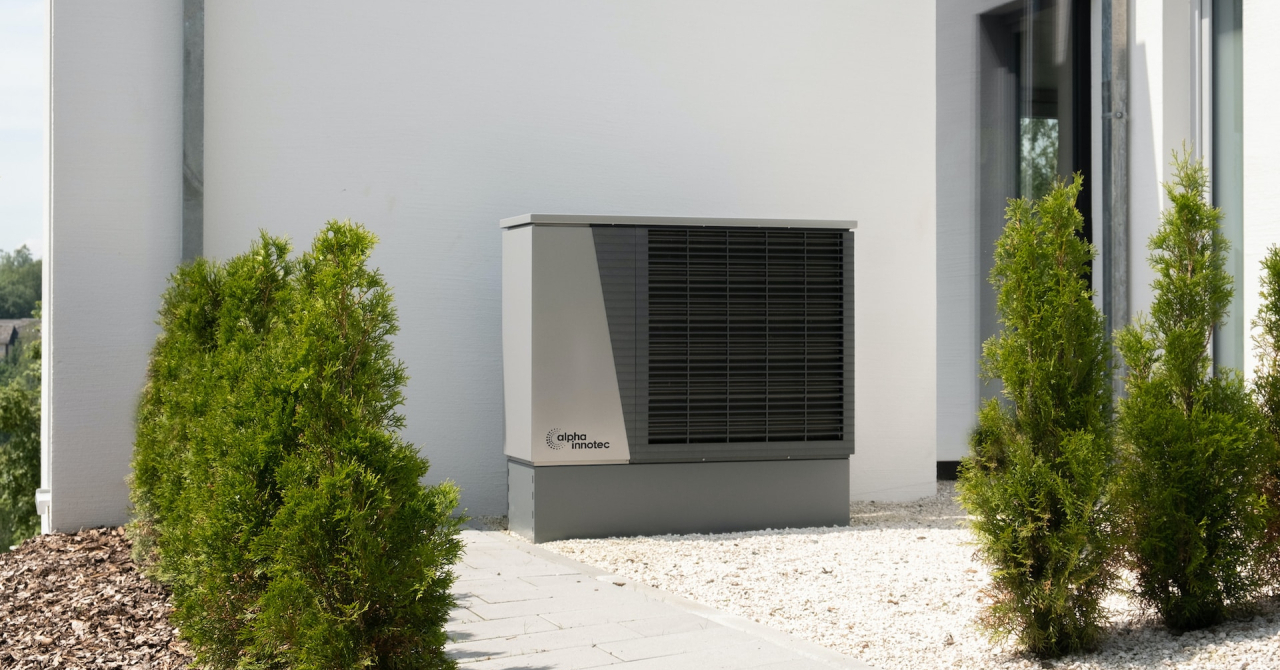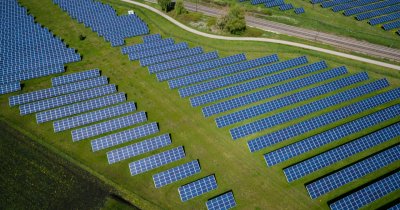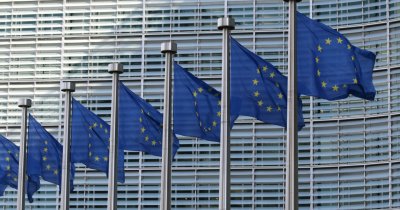Euronews.green writes that the purchase and installation price for a heat pump system in the UK can be about 11.500 euros, while for a traditional gas boiler, that is less than 3.000. In Romania, too, just buying the pump costs over 3.700 euros, without installation and periodic maintenance. At the same time, a central heating unit is less than 1.000 euros, significantly cheaper and easier to install, as well, although not as efficient or climate-friendly.
"If a heat pump uses one kilowatt of electricity, then it outputs 5 kilowatt-hours of energy, so it's a really efficient way to produce heating, compared to other kinds of heating systems", we learned from Adam Jonsson, Global Product Manager Indoor Units, Water heaters & Storage tanks, NIBE Sweden.
Heat pumps, compared to central heating, can also provide a building with cooling capacity, not just heating, which helps with maintaining a good thermal comfort even during the summer.
Jozefien Vanbecelaere, Head of EU Affairs of the European Heat Pump Association (EHPA), said that "clean heating must be the financially most attractive choice overall", urging governments to offer subsidies in order to accelerate the adoption of the technology.
The British government already makes swift moves in this regard, having increased the heat pump grant last year from 5.000 GBP to 7.500. Homeowners in France can get even more subsidies for a highly-efficient heating system and is the reason why the country has seen a steep increase in the adoption of heat pumps. Thus, the French government offers individuals up to 9.000 euros for an air-based heat pump or 15.000 for a geothermal unit. The subsidies offered are calculated based on family revenue and the program will be extended for this year, as well.
French Minister for Ecological Transition Christophe Béchu said back in 2023 that the subsidies will be increased, so that the price of heat pumps will be about the same as a gas heater for low-income families.
French authorities also plan to develop their own heat pump production capacity, being able to manufacture as many as one million pumps per year, anticipating higher demand in the future.
Germany is also one of the most generous European states when it comes to subsidizing heat pumps, having an on-going scheme which will go through 2030. German officials offer homeowners who want to install a geothermal pump up to 18.000 euros in funding, as well as up to 15.000 to those looking at an air-based unit.
Thus, almost 350.000 applications have been received by German authorities in 2022, showing that subsidies indeed increase the interest in adopting more efficient and climate-friendly options.
In Romania, for example, the Environment Fund Administration (AFM) offers only up to 1.600 euros for heat pump installations, but only for air source heat pumps, which are not suitable for every environment and can be more limiting when compared to air-water or geothermal models.
Vanbecelaere added that "as long as clean heating is more expensive than fossil fuel heating, heat pump subsidies have to be continued with a long-term vision."
Heat pumps saw record sales in Europe back in 2022, when 3 million units were shipped to customers continent-wide, most of which were in France (over 621.000), in Italy (over 513.000) and Germany (over 275.000).
Poland and Sweden also had over 200.000 units sold back in 2022, showing that it's not just the richest nations who start to adopt heat pumps on a regular basis. Romania doesn't appear in the chart, ended by Hungary and Slovakia with over 15.000 and over 13.000 units sold respectively.
 Mihai - Cristian Ioniță
Mihai - Cristian Ioniță












Any thoughts?